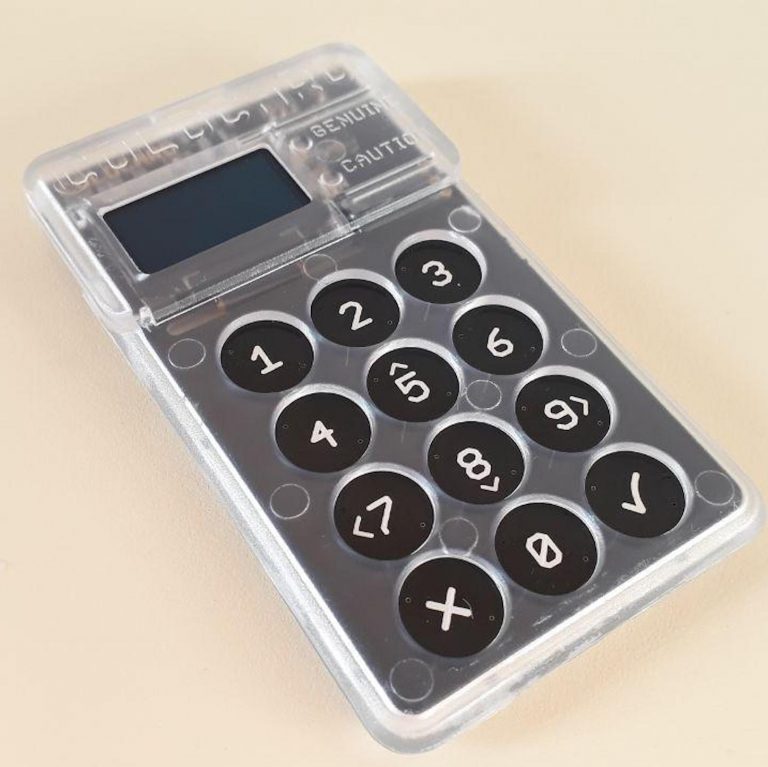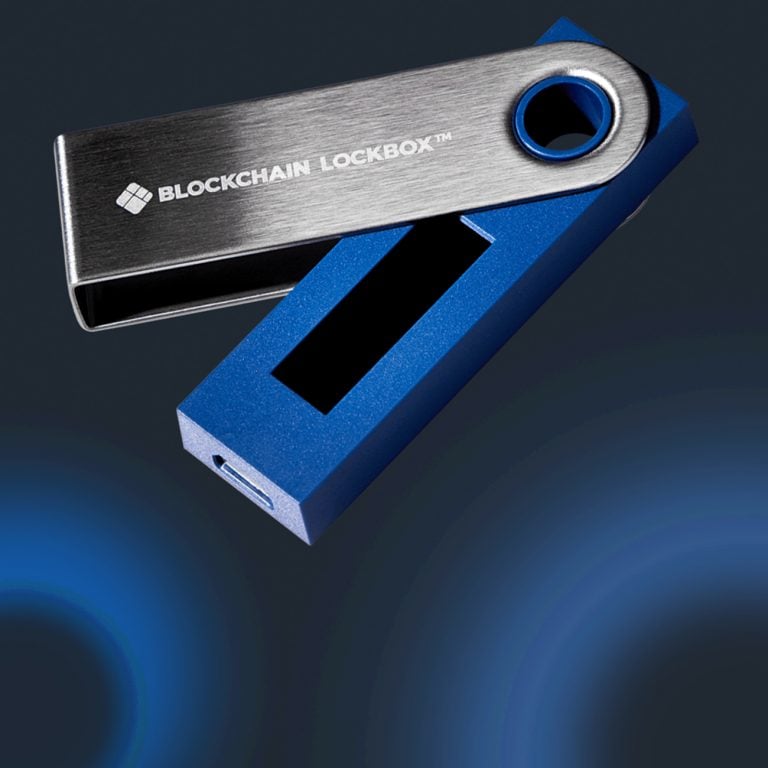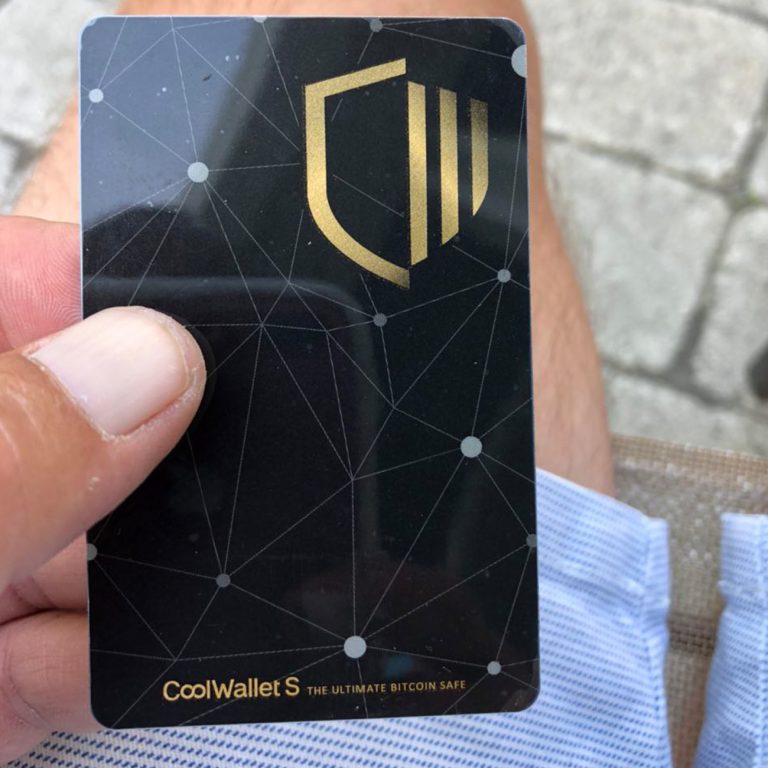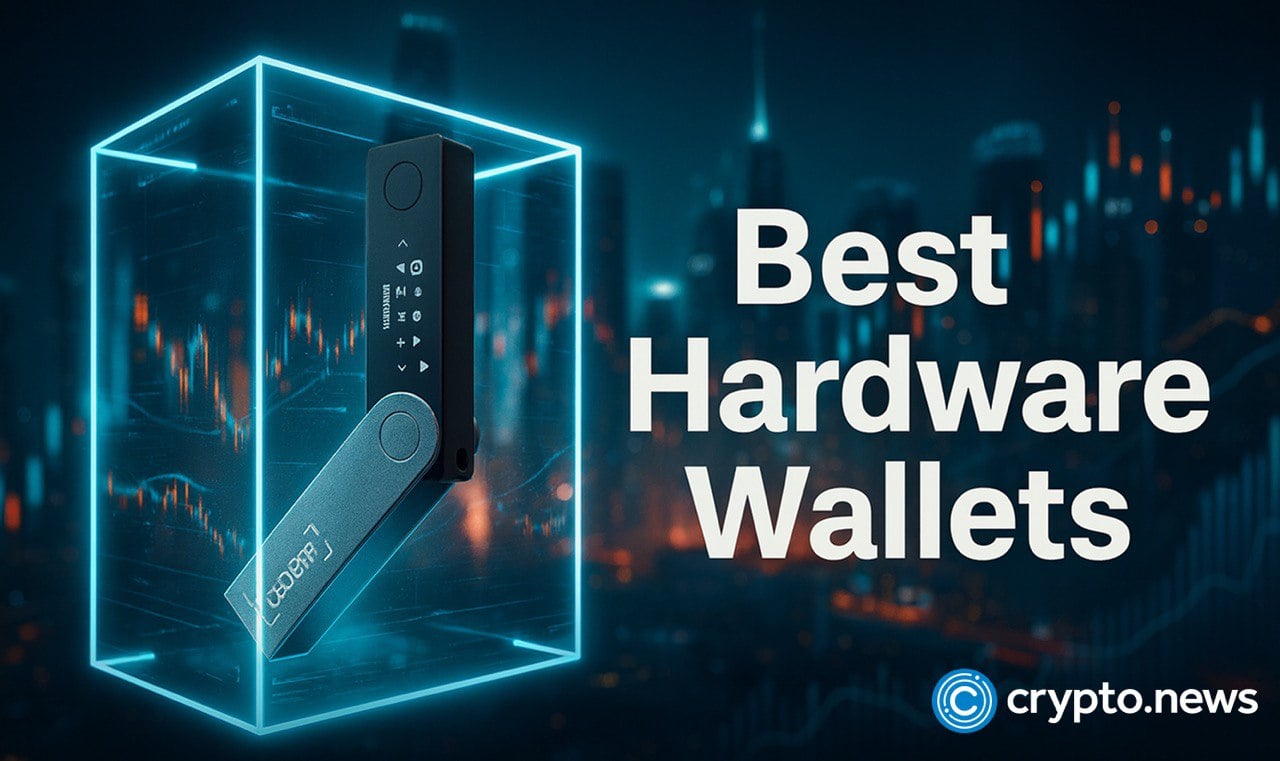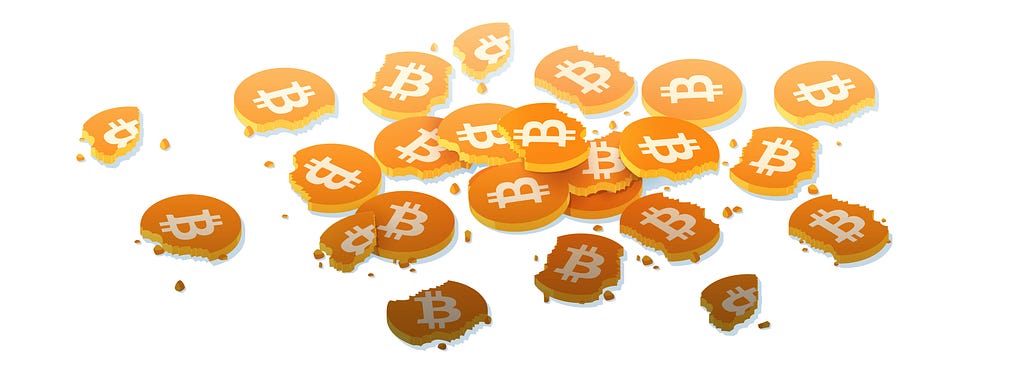
2019-7-27 18:19 |
Ready to join the Bitcoin revolution? Doing some research beforehand? Good for you! Let’s run through a quick summary of your options for storing your cryptocurrency after you’ve bought some.
A quick search online will bring up three options for cryptocurrency wallets: online, software, and hardware. Although it can be convenient to use for transactions, an online, or ‘hot,’ wallet is connected to the internet at all times. This leaves it extremely vulnerable to viruses and hacks that can cost you your entire balance.
When your private keys are stored by a third party, you’re left at risk.
Software wallets can be installed on your desktop. Your cryptocurrency would be stored locally, which gives you full control of your private keys, but you are completely responsible for your security.
This isn’t normally a bad thing, but with a software wallet, there are lots of ways to lose your coins. Your hard drive could be damaged, your computer could be stolen, or it could be infected by a virus.
This brings us to the last, and best, option: hardware wallets.
AdvantagesOfflineUnlike an online wallet, where you trust a third party with your private keys, or a software wallet, where your private keys are left vulnerable on your computer, a hardware wallet stores your private keys completely offline.
Offline storage means a hardware wallet can’t be infected by a virus or hacked through an internet connection.
A Trezor hardware wallet, for example, is 100% immune to remote attacks. If you use a strong passphrase, your device will also be immune to all physical attacks.
TrustlessMaybe you’ve heard this before, but it’s so important that we will repeat it: Not your keys, not your coins.
If you keep your crypto in an online wallet, an exchange, or any other wallet that requires you to keep your private keys on a third party server, then you can assume that those keys are compromised and your crypto is at risk.
When you use a hardware wallet, your keys stay in your hands, and no one else’s. Your keys=your coins.
DisadvantagesThere are a few disadvantages that come with using a hardware wallet; let’s talk about those, and some of the ways a Trezor hardware wallet has set new standards for what a hardware wallet is capable of.
FunctionalityIf you use an online or a mobile wallet, you can take your crypto anywhere and use it anytime, but for most hardware wallets, the elevated level of security that comes with them ends up limiting their functionality.
Trezor is a giant step ahead of the rest: we’ve combined security with functionality.
In addition to storing your crypto safely offline, you can also use your device as a U2F token to securely log in to your favorite web services, to encrypt and decrypt passwords stored in Trezor Password Manager, and to securely access a growing number of third-party apps and services.
ConvenienceConvenience goes hand in hand with functionality. Most hardware wallets lack both functionality and convenience due to their security requirements.
If you can’t use your wallet when and where you want to, then all you can do is hodl. Okay, hodl on! But just in case you have other plans, a Trezor hardware wallet has taken another giant step ahead of its competition by combining maximum security with maximum convenience.
Want to buy your first cryptocurrency? You can plug in your Trezor and go to the Buy tab in Trezor Wallet. Use fiat to buy crypto, all from the safety and intuitive interface of the Trezor environment.
Want to exchange your crypto? Use one of our In-wallet Exchanges to exchange without leaving your crypto or private keys with a third party exchange.
CapacityOne common problem with a lot of hardware wallets is that, because they’re offline, they lack the storage capacity for more than a few apps, cryptocurrencies, or wallets at any given time.
You won’t have to worry about that with Trezor. There is no achievable limit to the storage capacity of the device.
Convinced?Hardware wallets are the way to go if you’re looking for peak security for your crypto. If you’re looking for a hardware wallet that combines every advantage available and blows its competition out of the water with functionality, convenience, and security, then a Trezor hardware wallet is the way to go.
Not sure which Trezor device is right for you? We might be biased, but here’s an informative article singing the praises of the Trezor Model T. Want to start with the world’s first hardware wallet? Check out the Trezor One.
Why You Need a Hardware Wallet was originally published in Trezor Blog on Medium, where people are continuing the conversation by highlighting and responding to this story.
origin »Bitcoin price in Telegram @btc_price_every_hour
Atomic Wallet Coin (AWC) на Currencies.ru
|
|





